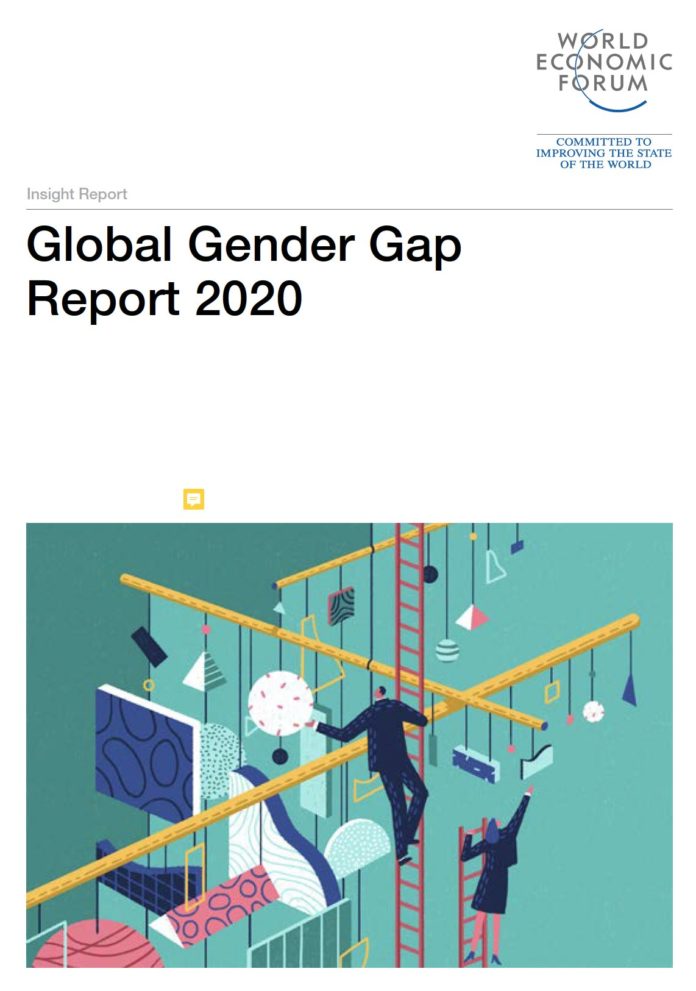New Delhi (NVI): India has been ranked 112th in the World Economic Forum’s Global Gender Gap Index 2020, out of the 153 countries across the world.
India ranked behind its neighbours like China (106th), Sri Lanka (102nd), Nepal (101st), Brazil (92nd), Bangladesh (50th), due to rising disparity in terms of women’s health and participation in the economy.
According to the report, Iceland remained the world’s most gender-neutral country in the world for the 11th time in a row.
While Yemen was ranked the worst at 153rd place. Iraq and Pakistan remained in bottom three of the ladder, the report said in a statement.
The WEF’s Gender Gap Index has been measuring the extent of gender-based gaps among four key dimensions — Economic Participation and Opportunity, Educational Attainment, Health and Survival, and Political Empowerment — and tracking progress towards closing these gaps over time.
- Meanwhile, the report also showed that economic opportunities for women are extremely limited in India at 35.4 per cent, followed by Pakistan (32.7 per cent), Yemen (27.3 per cent), Syria (24.9 per cent) and Iraq (22.7 per cent).
India also ranked among countries with very low women representation on company boards (13.8 per cent), while it was even worse in China (9.7 per cent).
It has also highlighted abnormally low sex ratios at birth in India which is 91 girls for every 100 boys.
On health and survival, four large countries — Pakistan, India, Vietnam and China — fare badly with millions of women not getting the same access to health as men, the WEF report added.
On a positive note, India has closed two-thirds of its overall gender gap, but the condition of women in large section of India’s society is precarious and the economic gender gap has significantly widened since 2006.
India is the only country among the 153 countries studied where the economic gender gap is larger than the political one.
India ranks high on the political empowerment sub-index, largely because the country was headed by a woman for 20 of the past 50 years. But, female political representation today is low as women make up only 14.4 per cent of Parliament (122nd rank globally) and 23 per cent of the cabinet (69th), the report further added.








